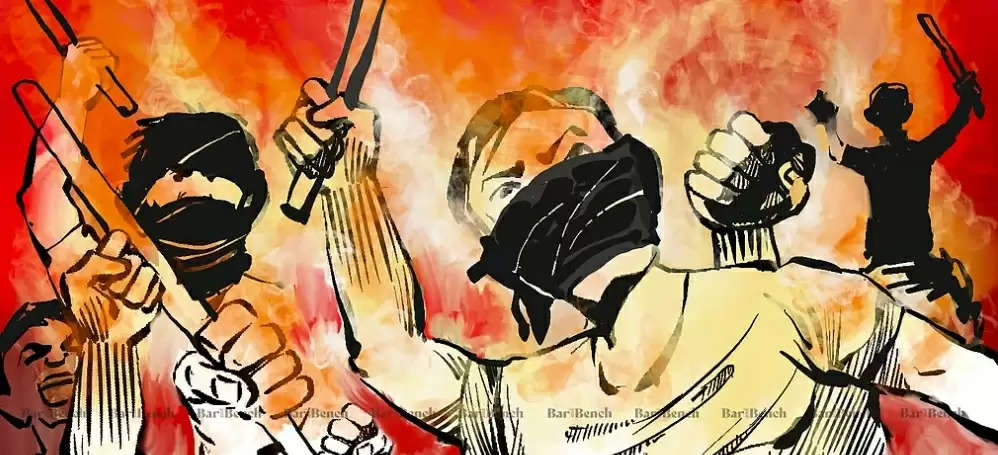Can't sit in Delhi and micromanage action against mob lynching, cow vigilantism: Supreme Court
Every State will have a different situation which cannot be monitored only by Supreme Court judges who sit in Delhi, the Bench said.
Feb 11, 2025, 21:18 IST

The Supreme Court on Tuesday closed a public interest litigation (PIL) petition which had raised concerns about mob violence and mob lynching incidents, specifically such acts by "cow vigilantes" in the name of protecting cows from smuggling and slaughter.
A Bench of Justices BR Gavai and K Vinod Chandran reasoned that it would not be practical for Supreme Court judges sitting in Delhi to micromanage such issues, when the factors leading to such incidents may differ in different States.
On February 11, 2025, the Supreme Court of India addressed a Public Interest Litigation (PIL) concerning incidents of mob lynching and cow vigilantism. The bench, comprising Justices B.R. Gavai and K. Vinod Chandran, emphasized the impracticality of overseeing and managing such cases from Delhi. They stated that micro-managing incidents occurring across various states is not feasible for the court.
The court referred to its 2018 judgment in the Tehseen Poonawalla case, which provided comprehensive guidelines to prevent and address mob violence and lynching. These directives are binding on all states and Union Territories. The bench highlighted that if there is non-compliance with these directions, aggrieved individuals have the legal remedy to approach competent courts within their respective jurisdictions.
The PIL, filed by the National Federation of Indian Women, raised concerns about the rise in mob violence, particularly by cow vigilantes targeting specific communities. The petitioners argued that the court's earlier directives were being flouted, especially with the introduction of cow protection laws in certain states, leading to increased incidents of mob lynching. In response, the court noted that challenges to specific state legislations should be addressed in the respective High Courts, as it would not be appropriate for the Supreme Court to examine the validity of multiple state laws in a generic petition.
Furthermore, the bench addressed the issue of compensation for victims of mob lynching, stating that adequate compensation would differ from case to case. Issuing uniform directions for compensation would be unjust, as it would remove the discretion available to authorities or courts in determining appropriate compensation based on the specifics of each case.
In conclusion, the Supreme Court disposed of the PIL, reiterating that while it has provided guidelines to curb mob violence, the implementation and monitoring of these directives fall within the purview of state authorities and lower courts. The bench emphasized that individuals aggrieved by specific incidents or state actions should seek redressal through appropriate legal channels within their respective states.
